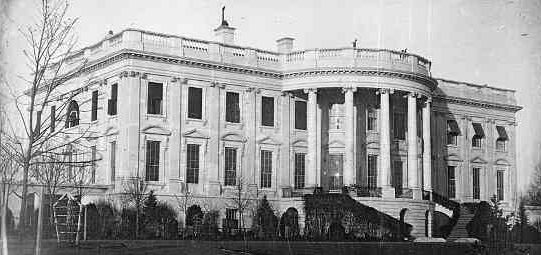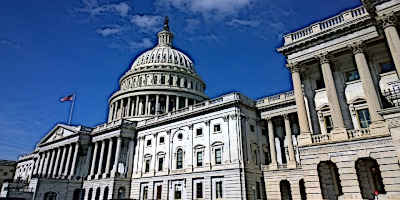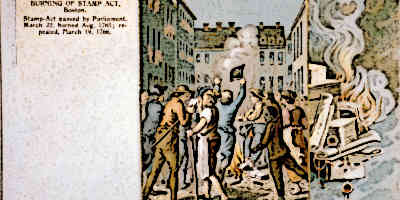Anti-Federalism: Opposition to the Constitution
Anti-Federalism
Anti federalism was a late-18th century political movement that fought against the formation of a larger and stronger U.S Federal government, Anti-Federalist opposed the ratification of the 1787 Constitution.

The main objection to the Constitution was that it gave too much power to the central (federal) government, while not giving enough power to state governments.
This would allow the federal government to overstep its bounds by infringing on rights reserved for the states, or usurping powers that were not delegated to it in the Constitution, thereby creating an imbalance of power between state and federal governments.

Origins of the Anti-Federalist Movement
Anti-Federalism was the result of a long history of conflict between American colonists and the British monarchy. The idea of creating stronger federal government had been proposed as early as 1765, but was quickly shot down by both sides.
However, in 1774, when Parliament declared that they would enforce the Stamp Act, which taxed colonists without their consent, this caused Americans to take up arms and rebel. The anti-federalists were primarily farmers who were afraid that if the U.S.

Reasons for Opposition to a Stronger Federal Government
The Reason Many Americans opposed the creation of a stronger federal government because they did not want to give up their local control. They also feared that the federal government would be too powerful and would take away their independence.
Prominent Anti-Federalist Leaders
There are a number of prominent anti-federalist leaders, including Patrick Henry and George Mason. Henry is most famous for his speech at the Virginia Ratifying Convention, where he argued that the Constitution lacked sufficient protections for individual liberty from oppressive government.
George Mason authored the Virginia Declaration of Rights in 1776 and served as one of two delegates to represent Virginia at the Constitutional Convention. He refused to sign the Constitution because it lacked an explicit bill of rights to protect individual liberties.
The Legacy of Anti-Federalism
Anti-Federalists were concerned that the Constitution would create too strong of a central government and they wanted to limit the power of the federal government. For example, they argued that Congress should have only six years to decide what to do with any money it collects in taxes.
One of their fears was that Congress would impose unfair taxes or tariffs on American citizens. The movement eventually lost momentum when the Constitution was ratified in 1788.